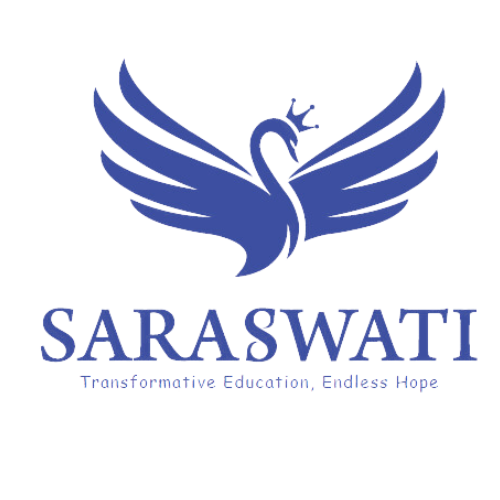.
Time Management
Teaching children time management skills involves creating a schedule, prioritizing tasks, avoiding procrastination, breaking tasks into smaller parts, and using a timer to track time spent on each task.
Team Work
"Working together as a team helps children learn important social skills and achieve common goals."
Problem-Solving
Encourage problem-solving skills in children to help them become independent and confident problem-solvers.
Communication
Communication skills are essential for children's social and emotional development and future success.
Workplace Etiquette.
"Workplace etiquette teaches children how to behave professionally and respectfully in a work environment."
.
OUR COLLABORATORS

Our Programs
School
Assessments
Vocational Unit
Diagnosis
Rehabilitation
E.I.P
Facility
Our Resources
Facilities in Jakarta
Early Detection
Developmental Milestones
Rehabilitation Centres
Associated Hospitals























